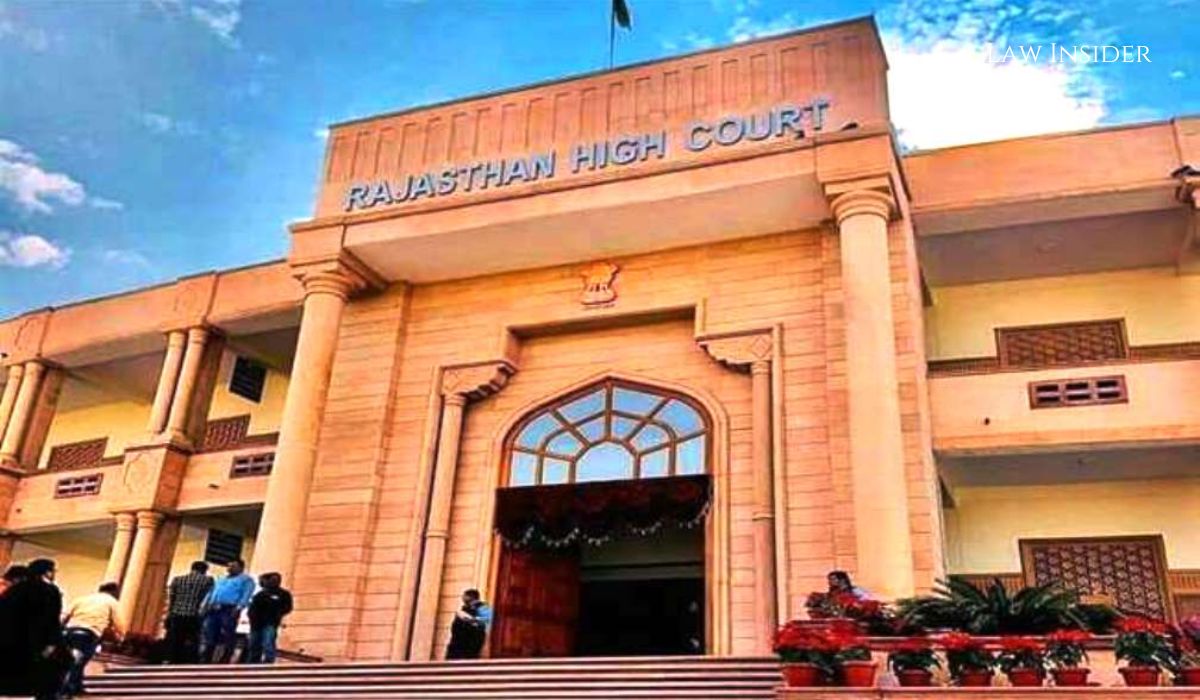LI Network
Published on: October 11, 2023 at 10:34 IST
The Rajasthan High Court has ruled that ‘Kurkure’ and ‘Cheetos’ should be classified as ‘namkeen’ rather than ‘snacks’ under the Value Added Tax (VAT) Act.
Justice Sameer Jain, presiding over the case, noted that the tax department did not seek any technical or expert opinion nor provided any evidence to support their argument. The Tax Board seemed to have relied on a basic Google search result that categorized ‘Kurkure’ and ‘Cheetos’ as Namkeen snacks.
The petitioner in this case is engaged in the sale of various food products, including ‘Kurkure‘ and ‘Cheetos.’ They also sell branded potato chips under the names ‘Lays’ and ‘Uncle Chips.‘
The petitioner had initially classified these goods, along with branded potato chips, under Entry 131 of Schedule IV to the Rajasthan Value Added Tax (RVAT) Act. They paid taxes at a rate of 4% or 5% accordingly.
However, during an assessment for the year 2011–2012, the tax department reclassified these goods, including the branded potato chips, under a residual entry in Schedule V of the RVAT Act.
This reclassification subjected them to a higher tax rate of 12.5% to 14%. As a result, the petitioner faced additional taxes and interest charges.
The first appellate authority partially allowed an appeal against the assessment order by classifying the branded potato chips under a different entry in Schedule IV to the RVAT Act, thus removing the additional tax and interest on those chips. However, the classification of ‘Kurkure’ and ‘Cheetos’ under the residual entry in Schedule V was upheld.
The Rajasthan Tax Board upheld this classification, resulting in additional tax and interest charges on the petitioner. The petitioner argued that the department had not proven that ‘Kurkure’ and ‘Cheetos’ should not be considered ‘namkeen’ and placed under Entry 131 of Schedule IV to the RVAT Act.
The petitioner pointed out that the Food Safety and Standards Authority of India (FSSAI) had also classified these goods as ‘namkeen.’
In response, the department claimed that the classification ‘namkeen’ under the Excise Act did not apply in this case, especially since the goods were ‘namkeen snacks’ and not ‘namkeen.’
The court ultimately ruled in favor of the petitioner, asserting that the department had failed to provide sufficient evidence that the goods should fall under the general, residual entry rather than the specific ‘namkeen’ entry. Moreover, the FSSAI license had classified the goods as ‘namkeen,’ further supporting the petitioner’s argument.
Case Title: Ms Pepsico India Holdings Private Ltd. Versus Assistant Commissioner

